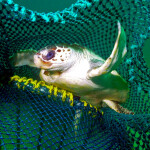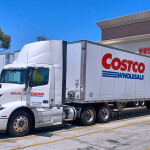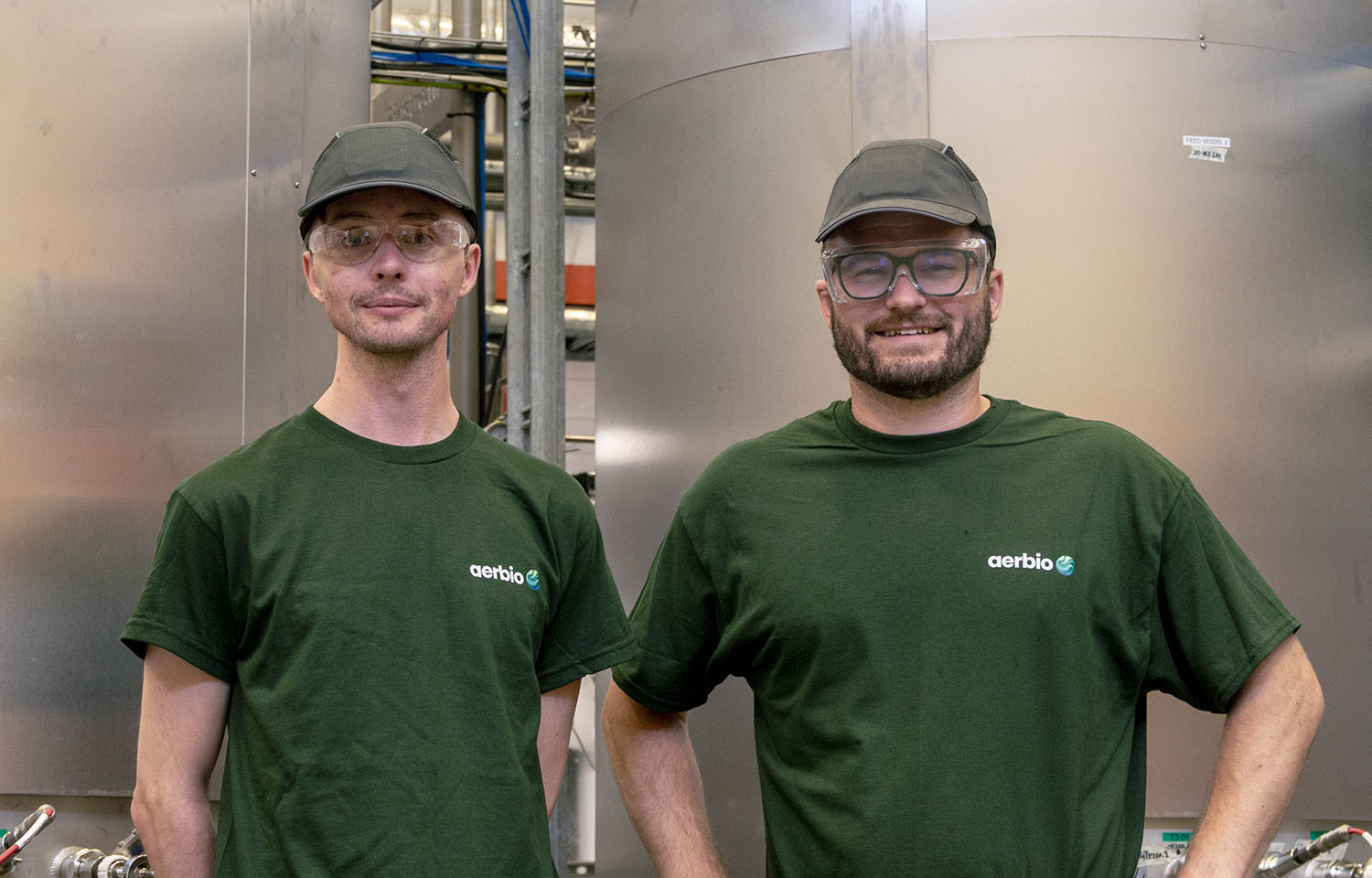Microbiology company Aerbio has launched a pilot facility in the Netherlands that the company said will produce 200 kilograms of single-cell protein a month from carbon dioxide (CO2) and hydrogen gases.
Aerbio was formed via a management buyout of Deep Branch Bioechnology, the U.K.-based carbon recycling company that was working on a low-carbon feed ingredient made using CO2 captured from industrial emissions. Aerbio opened its pilot facility at the Brightlands Chemelot Campus and is aiming to use the launch as a means of determining how to integrate the single-celled protein – dubbed “Proton” – into the food chain for use in salmon and chicken feed.
“The opening of our pilot facility is a significant step forward for our technology. It proves its scalability – both in terms of production and the operations of the sites,” Aerbio Co-Founder and Chief Experiences Officer Peter Rowe said.
According to Aerbio, the additional production of its single-cell protein will enable the company to conduct larger feed trials. The company is currently doing engineering work, and it is planning to achieve 250 metric tons (MT) of production each year; subsequent facilities could produce as much as 100,000 MT of Proton per year.
Aerbio said that its product requires no arable land, and its process can be deployed at industrial areas wherever food-grade CO2 and hydrogen are being created. Because it is using CO2 in its production, the carbon footprint of Proton is up to 90 percent lower than traditional fishmeal or soy ingredients, Aerbio said.
“Results from initial small-scale trials also suggest that, in principle, it has the same nutritional benefits as conventional feed ingredients from animal or plant origins,” it said.
With the launch of the pilot facility, Aerbio is planning to ship its first products in the next few months and to begin chicken and fish trials by the end of the summer.
“Our small-scale trials have proven the fundamentals of Proton; it has a strong nutritional profile and is just as good, if not better, than conventional ingredients,” Rowe said. "Our main input requirements are simply carbon dioxide, water, and power, all of which can be sustainably produced and are readily available. Once we are in the position to fully roll out the technology, we hope to enable better food security for protein, something high on the list of almost every country.”
The company said it is working with a number of partners, such as the Sustainable Aquaculture Innovation Centre (SAIC), a Scotland-based innovation center that funds innovation projects to help the country’s aquaculture sector. SAIC, along with Drax, BioMar, Sainsbury’s, and more, are all members of the “REACT-FIRST” consortium, an initiative to create a scalable route to sustainable protein generation in the U.K.
“At the North Atlantic Seafood Forum earlier this year, major salmon farmers and the world’s largest fish feed producers all recognized the vital importance of developing novel feed ingredients to replace marine and land-based ingredients that are finite in supply,” SAIC CEO Heather Jones said. “The innovation of React First could ultimately help the global fish-farming sector to grow sustainably. All of the projects we support aim to enhance the sustainability of aquaculture while maximizing its economic impact. This project is a great example of how you can do both, creating a more resilient food system in the process.”








